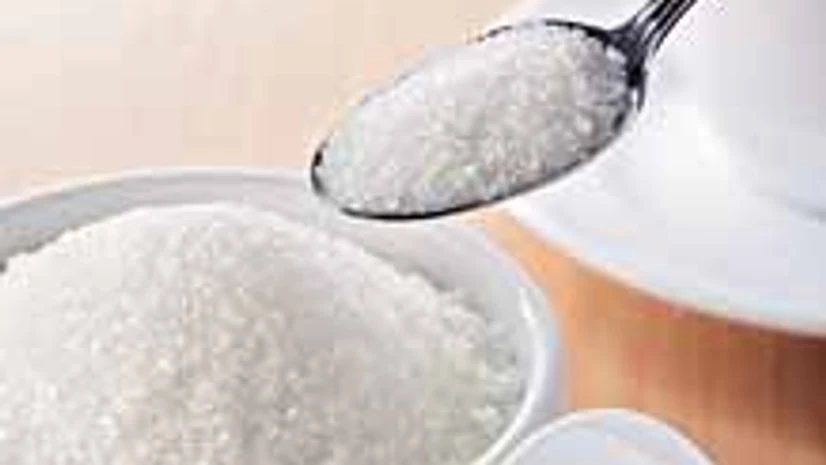The government of Maharashtra will revise the norms for use of sugar cane purchase tax exemption for the year 2013-14 by sugar factories that are also engaged in co-generation of power plants.
The move comes shortly after the state government exempted sugarcane purchase tax for the current sugar season started in October 2013.
Meanwhile, in order to promote renewable energy, this exemption was also extended to sugar factories engaged in co-generation of power plants. However, the eligibility criteria will be modified for these factories to avail tax exemption going by recent changes declared by the state's energy ministry. While extending tax exemption benefit to sugar factories engaged in power generation, the state government has worked out a way to compensate for the loss in revenue.
More From This Section
As per the revised norms, in order to get exemption, sugar factories must enter into an exclusive agreement with Maharashtra State Electricity Distribution Company or commonly known as Mahavitaran Cogeneration is a process wherein electricity and heat are produced simultaneously. The factories use the heat and part of electricity for themselves and sell the remaining electricity. These sugar factories use bagasse, a byproduct of sugar cane that is used as fuel in boilers to produce process steam. The consumption of bagasse depends upon the pressure at which steam is produced in boiler. Following attractive tariff for cogeneration power projects by the state government, as per data available with the energy ministry, there are 33 cogeneration power projects totaling 480 MW commissioned in Cooperative sector and approximately 10 Cogeneration power projects totaling 191.5 MW in private sector in the state.
There is also proposal for enabling private factories to get the benefit from retrospective effect from July 2010 as this was the time when norms for such factories came into effect.
However the modalities are yet to be worked out for the retrospective benefit.
However for sugarcane purchase tax, the state is saddled with past tax arrears of around Rs 500-600 crore. Accordingly the state revenue department has directed its field formation to get into recovery drive. Official sources said for non tax payment of taxes, the tax department usually freezes bank accounts. But in case of sugarcane industry, mostly these factories have loan accounts. Therefore the viable option is the seize property which they have done in many cases.
In order to expedite tax recovery, there is also a proposal to direct the co-operative banks handling the accounts of the sugar factories and millers to deduct the sugarcane purchase tax on behalf of the government. There have been serious and several defaults in this sector, said a source.

)
